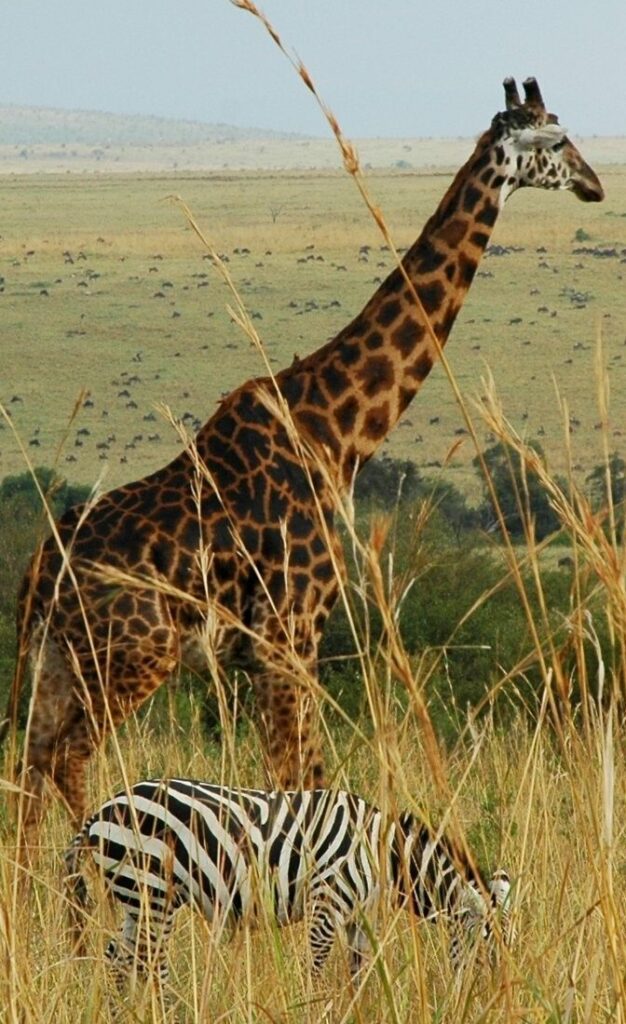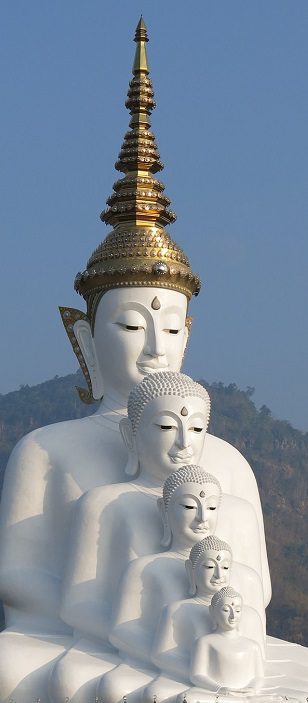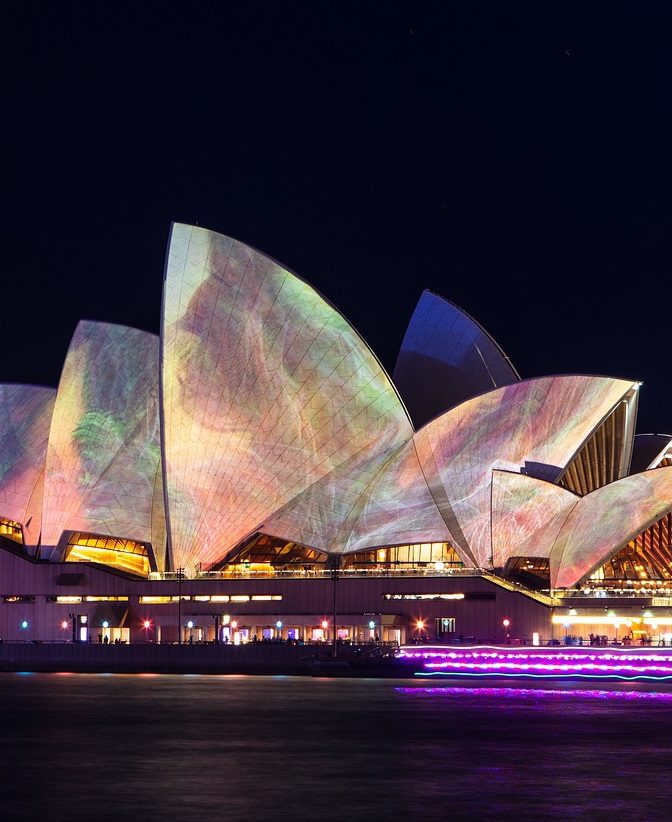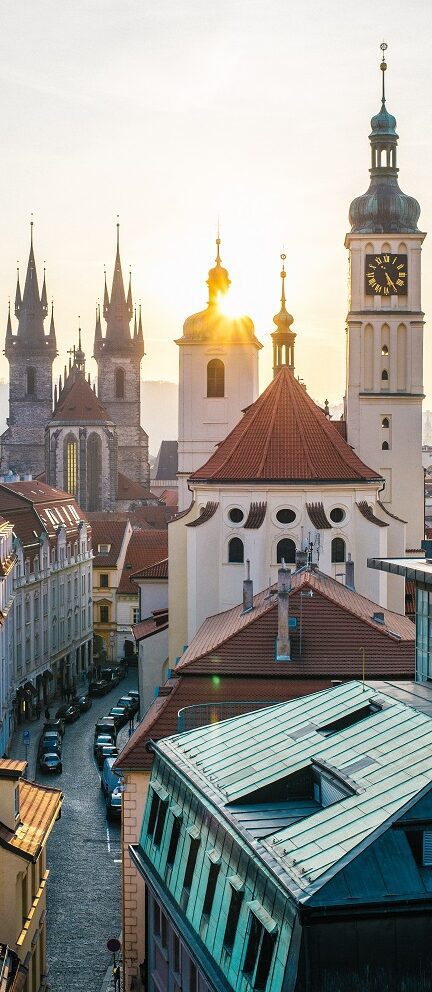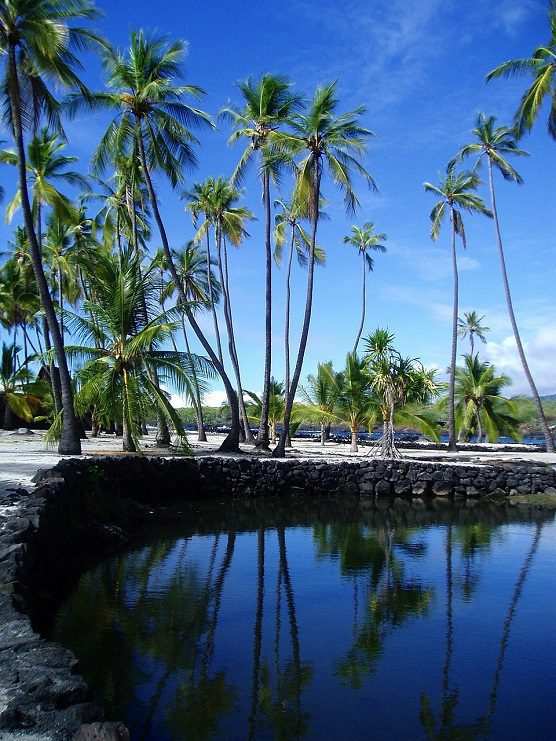I am the land that listens, I am the land that broods;
Steeped in eternal beauty, crystalline waters and woods.
Long have I waited lonely, shunned as a thing accurst,
Monstrous, moody, pathetic, the last of the lands and the first
Robert Service, The Law of the Yukon

Photographer Tom Bunning was drawn to the vastness of the Yukon. It was wild, affording him the chance to meet those who regularly braved the ice roads and lived in extreme conditions in some of the world’s most remote communities. “It was a bit of a shock to the system. Not only temperature-wise but because you’re so far from normality. Life is quite simple, especially in the far north People take care of the land and the animals because they’re sustenance. They work out the number of beluga whales they can harvest each year, they monitor how many are bred and then how many they can cull to support that town, and if not as many are born then they eat less that year. Life is pretty straightforward and basic and they seem to have got it right. They maintain everything and everywhere you look is stunning.”
Bunning journeyed along the Dempster Highway with chatty German driver Robert. Behind them was their support driver Udo whose ancient two-seater truck didn’t come with anything as luxurious as heating He sat patiently in his woollen hat, prepared to spring to their aid should Bunning and his companions come off the road and into a snow drift that; after heavy winds, could easily be two metres high.
Early on the weather played havoc with their journey – as it is wont to do on the ice roads – and the group found themselves temporarily stranded at Eagle Plains with the road to Fort McPherson closed ahead. As the trucks piled up, Bunning embraced the opportunity to drink with the amassing drivers – he savouring a beer while they stuck to tea, not sure if they’d be driving again in an hour or in a week. He spent most of the evening with a father and son who hailed from the east coast and shared the driving. They’d been on the road for six months and had three more ahead of them before they could return home. All the while they seemed more interested in hearing about Running’s exploits than regaling him with their own. Why was he in the Yukon? How did he get here? What did he think? And this wasn’t unusual. Yukon residents are more than happy to chat, just not necessarily about themselves.
The following morning, while documenting the sunrise from the warmth of his motel room, a parade of caribou legs glided past Bunning’s window. Donning five layers of clothing boots, two pairs of socks and the obligatory head covering Bunning ran outside to find a hunter in a t-shirt, fro2en blood streaming down his wagon, preparing to walk out into the plain. He’d spent the last few days camping in -40°C conditions hunting caribou, which he used to feed his village. Later that day, about three hours north of Eagle Hams, Bunning saw three men on a nearby hill unloading yet more caribou into a wooden shed, one of whom began to wave “I realised it was the chap from Eagle Plains and I ran up the hill and went and saw how he lived, how he stored the caribou in these frozen sheds and lived in a tent next door. There was a shed with an open fire in it and very basic living conditions and a bed in the corner. He had a television plugged into a generator but that was his life and to see something so simple, and someone so resourceful, that’s just what life is like up there. In the summer he drives the boats along the rivers that had been the ice roads.”
